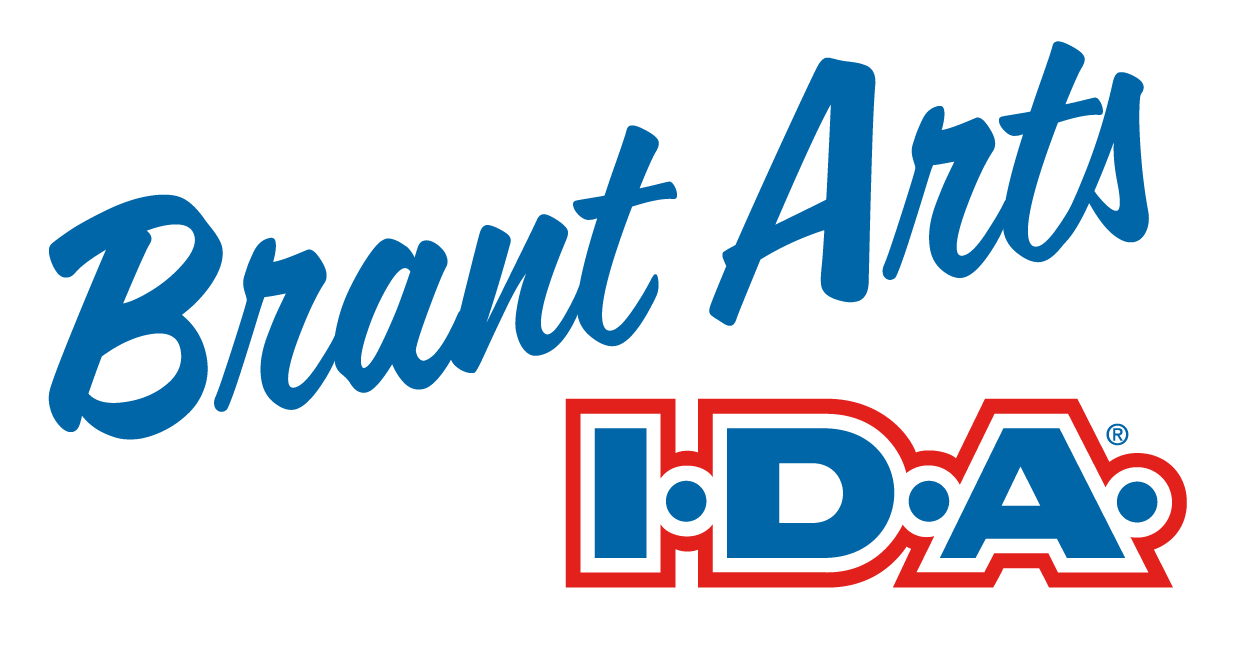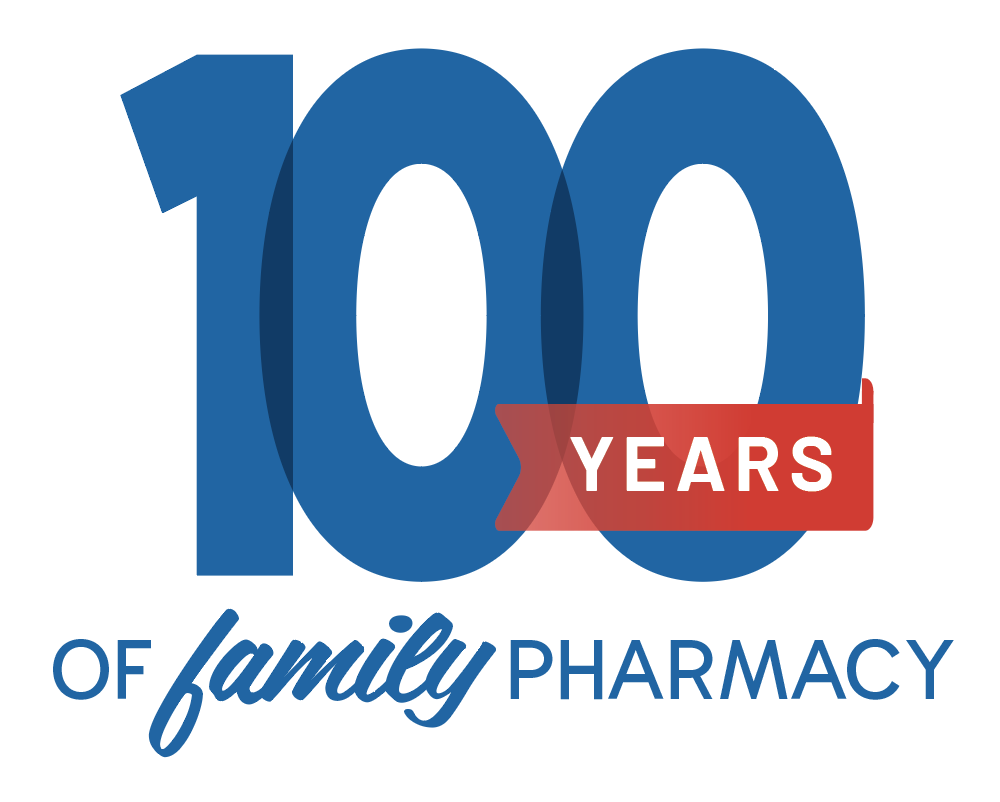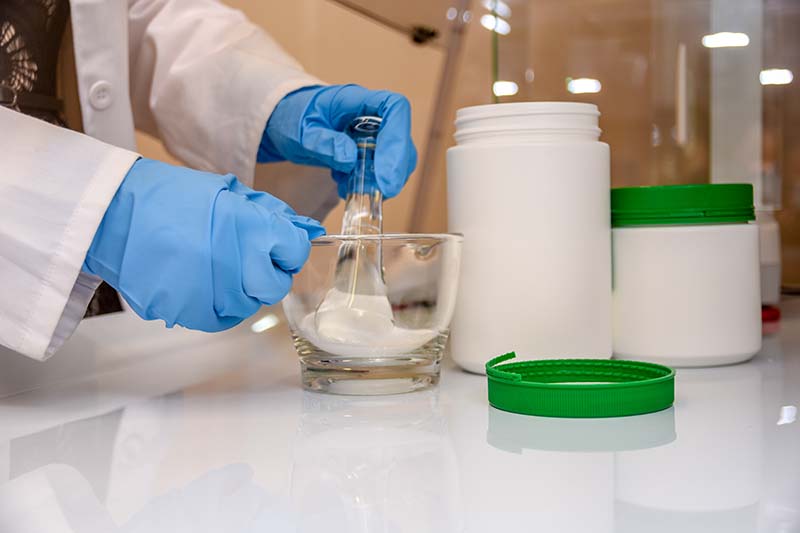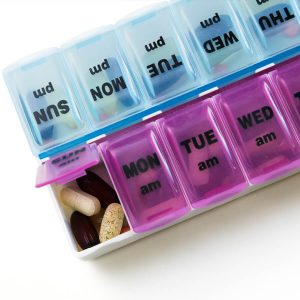When they receive a prescription from their doctor, most people simply bring it to their pharmacist to have it filled with a ready-made drug from the pharmaceutical company. And while these types of prescription drugs can provide numerous benefits to a large segment of our population, they are not always the best choice for everyone. In some cases, a process called medication compounding may be the better option and recommended by your physician.
What is medication compounding?
Compounds are specialty mixtures that a trained compounding team creates from scratch. When you bring your prescription to a compounding pharmacy, the pharmacist creates a custom medication using base ingredients to fit the individual patient’s needs. Using base ingredients rather than pre-mixed formulas allows the pharmacist to create custom dosages, offer the medication in different forms than are typically commercially available, and even offer it in different flavours.
Three major differences between compounded medicine and retail medicine are:
- Customized dosages – based on a patient’s age, weight, and gender, they may do better with a specific dosage of a medicine that is not produced on an industrial scale.
- Different forms of a medicine – compounding allows the pharmacist to offer the same medications in different forms (e.g., capsule, liquid, powder, ointment, etc.). This means that patients who may have trouble with one form of medication can opt to get their medication in a different form that is easier for them to take.
- Specialty medications – compounding can allow the patient to receive specialty medications to suit their unique needs. For example, medicine for a child can be made more palatable using different flavours. Or, if you wish to avoid dyes and preservatives, compounding is a way to help you do that.
Who should consider working with a compounding pharmacy?
While anyone can benefit from working with a compounding pharmacy, some patients stand to gain more from a customized approach. These include:
- Hormone replacement therapy (HTR) – since everyone’s hormone profile is unique, choosing compounding over commercially available options is usually best. Additionally, since compounding allows multiple hormones to be combined into a single product, it can also be the most economical option.
- Pediatric – compounding can allow a variety of medications to be converted into child-friendly dosages and forms.
- Allergies – a patient with allergies may require compounded medication to avoid certain allergens such as coloured dyes or gluten.
- Patients who require a customized dosage or form of a medication due to their size, age, ability to metabolize certain medications, etc.
The Brant Arts Compounding Facility
At Brant Arts, we have a newly renovated compounding facility where we can help meet your customized prescription needs. We offer compounding to help treat a wide range of conditions, including alcohol addiction, diabetic conditions, eczema, hormonal issues, inflammation, nail fungus, and many others.
To discuss whether compounded medications might be the right option for you, contact us today to speak with one of our pharmacists.





